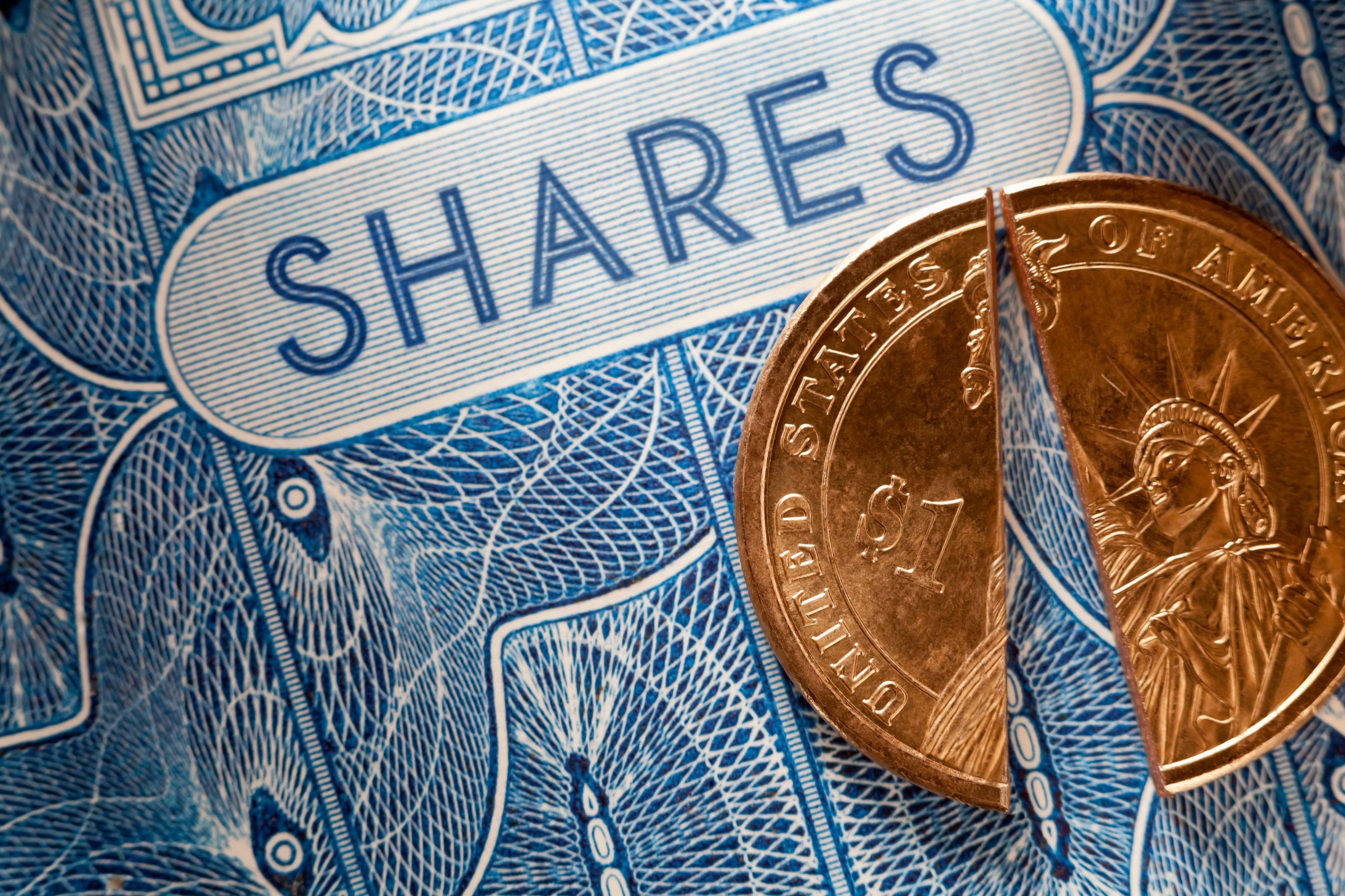Earnings season was rough for Sirius XM Holdings (SIRI +0.00%) investors. Shares of the satellite radio provider tumbled more than 7% on Wednesday after posting disappointing quarterly results. The double-digit percentage year-to-date gain that Sirius XM was sporting earlier this year has been whittled down to a mere 1% advance in 2019, challenging one of Wall Street's more impressive streaks.
Sirius XM investors have experienced 10 consecutive years of positive gains. With momentum starting to favor the bears, it's easy to wonder if the media giant can stretch its winning run to 11 years. There's no reason to panic just yet. Let's go over a few of the reasons why Sirius XM should still move higher in 2019.

Step by step, Sirius XM finds a way to stay ahead every year. Image source: Sirius XM Holdings.
1. The first quarter wasn't so bad
There was a disconnect between Sirius XM's reported earnings and what analysts were expecting, but a lot of the disparity can be tied to the Pandora acquisition that closed a third of the way into the quarter. Revenue rose 27% -- not the 29% clip that Wall Street pros were targeting -- but this was always going to be a tricky quarter to nail given the timing of the Pandora purchase.
Sirius XM's bottom line was even uglier, as its $0.03-a-share reported profit was half of what it earned a year earlier and well short of the $0.05 a share that analysts were modeling. However, beefy one-time acquisition costs weighed on the reported net income. Guidance for its flagship satellite radio platform remained intact. The first quarter was blurry and disappointing, but the visibility is clear and soothing for the near future.
2. Pandora is just starting to pay off
Sirius XM hasn't wasted any time in incorporating Pandora into its business. There's already a dedicated satellite radio channel -- Pandora Now -- and Sirius XM is already marketing premium Pandora subscriptions to its existing satellite radio subscribers. Exclusive Sirius XM content is also already making its way into Pandora's platform.
A big knock for Pandora has been its lack of profitability, explaining why investors in the faster-growing Pandora received just 8% of Sirius XM's outstanding shares despite accounting for a fifth of the combined company's revenue. The integration is thankfully coming along even better than Sirius XM expected.
Earlier this year, Sirius XM expected the combination to deliver $50 million in annual cost savings come 2020. Now Sirius XM sees $75 million in annual synergies.
3. Guidance has historically been conservative
Sirius XM has a history of underpromising and overdelivering. It routinely boosts some if not most of its full-year guidance. Put another way, Sirius XM's reality in 2019 is likely to be even better than what it's publicly modeling these days.
With churn in check and market penetration of installed satellite receivers growing, it's tough to be against this scalable model. Sirius XM won't hit it out of the park every quarter, but it finds a way to do enough to keep its returns positive year and after year.






